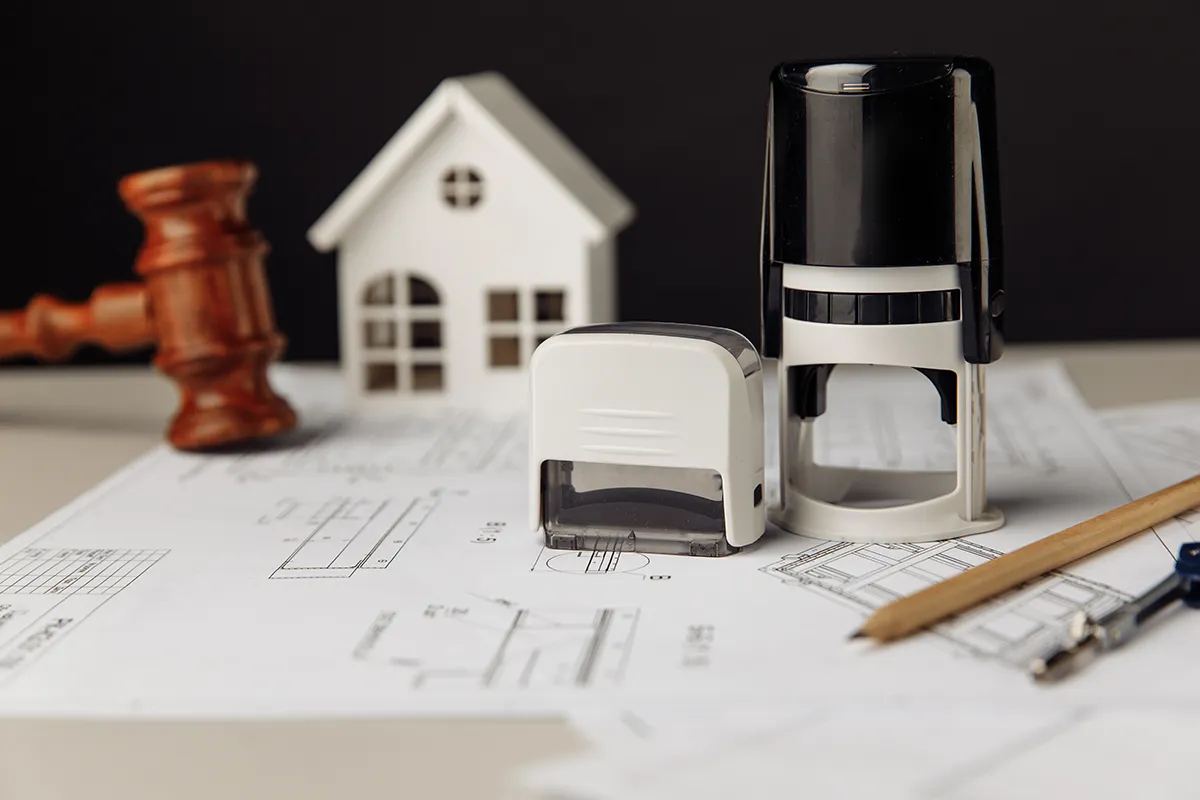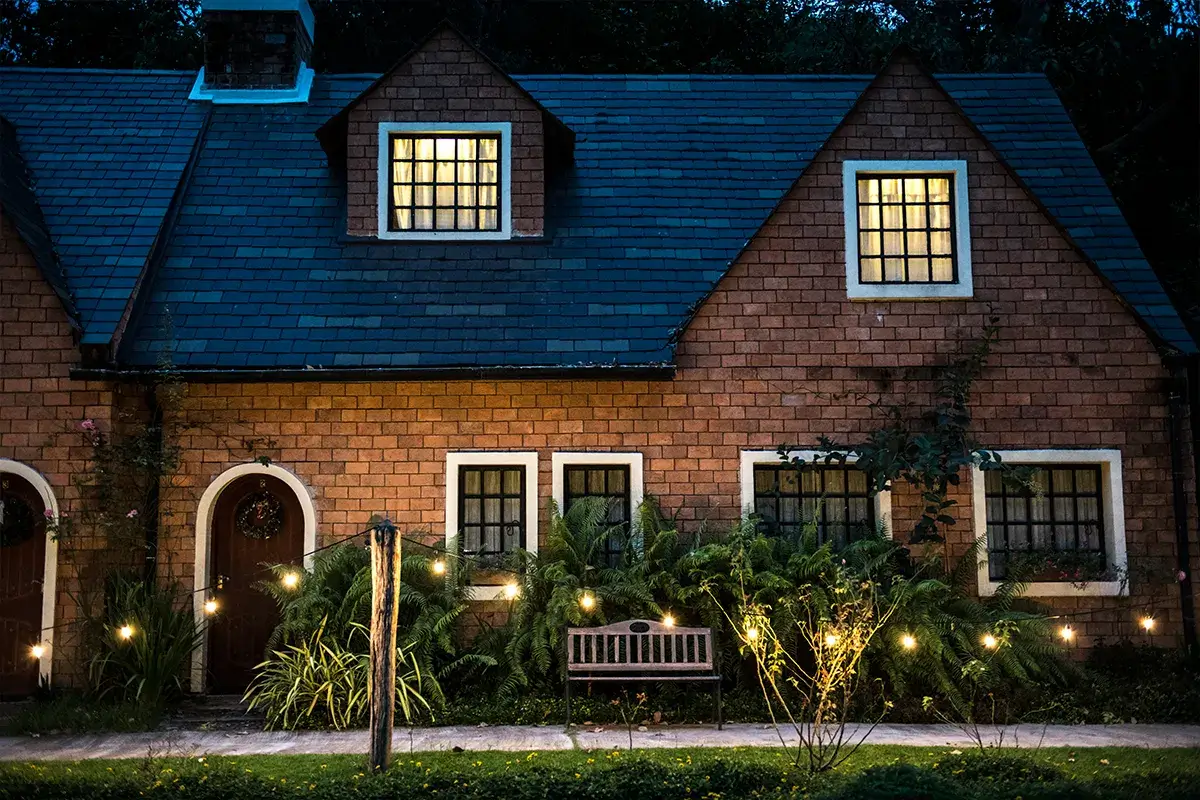Understanding the Significance of Permits and Regulations in Home Renovation
Planning a renovation can be an exciting time for any homeowner. It’s a chance to bring new life and energy into your home. However, an often overlooked but crucial aspect of this process involves navigating the maze of permits and regulations. At Diamond Hill Builders, we understand that dealing with these legalities might seem daunting, but they are essential for ensuring that your renovation is safe, compliant, and sustainable. Let’s delve into what you need to know about permits and regulations for your spring renovation.
The Role of Building Permits in Home Renovation
Building permits are official approvals issued by local government agencies that allow you to proceed with a construction or renovation project. These permits ensure that your project complies with local building codes, zoning laws, and safety standards. Whether you’re planning to add a new room, renovate your kitchen, or even install a swimming pool, it’s likely that you’ll need a permit.
Why Permits Are Essential
Obtaining the necessary permits might feel like an extra step, but they serve multiple important purposes:
Safety: Permits ensure that the work is inspected and meets safety standards, protecting you and future occupants.
Property Value: Legal renovations can increase your home’s value. Conversely, unpermitted work can cause problems when selling your home.
Insurance: Work done without a permit may not be covered by your homeowner’s insurance in case of an incident related to the renovation.
Legal Compliance: Avoid fines or legal issues that can arise from non-compliant renovations.
Understanding Local Building Codes and Regulations
Building codes and regulations vary by location and are in place to ensure the safety and structural integrity of your construction. They cover various aspects of construction, including structural design, fire safety, electrical systems, and plumbing. Staying informed about these codes is crucial as they can significantly impact your renovation plans.
Navigating Zoning Laws and Neighborhood Restrictions
Zoning laws and neighborhood restrictions can affect your renovation project. These regulations may dictate the size and height of structures, setback requirements, and even aesthetic aspects like color schemes or architectural styles. It’s important to research any specific rules governing your area or housing community.
When to Apply for Permits
Timing is key when applying for permits. It’s advisable to start the permit process well before your intended start date, as approvals can take anywhere from a few weeks to several months. Factor in the time for potential adjustments in your project plans based on regulatory feedback.
Seeking Professional Guidance
Navigating the complexities of permits and regulations can be overwhelming, especially for first-time renovators. Seeking guidance from experienced professionals like architects, contractors, and local building officials can provide clarity and direction. A knowledgeable contractor can not only assist in obtaining the necessary permits but also ensure that your project adheres to all local regulations.
Commonly Overlooked Permits in Home Renovations
Many homeowners might be surprised to learn about the range of projects that require permits. These can include structural changes, major electrical or plumbing updates, significant landscaping work, and even some types of fencing or decking. It’s always better to err on the side of caution and check with local authorities if a permit is needed for your specific project.
The Process of Obtaining Permits
The process of obtaining permits generally involves submitting detailed plans of your proposed project to the local building department. These plans must accurately depict structural changes, electrical layouts, plumbing alterations, and other significant work. Once submitted, the plans are reviewed to ensure compliance with building codes. If approved, you’ll receive your permits, allowing the project to proceed. Regular inspections may be conducted by city or county officials to ensure ongoing compliance.
Handling Delays and Modifications
It’s not uncommon to face delays or the need for modifications in your renovation project, especially when dealing with permits and regulations. Plan for potential delays in the permit approval process and be prepared to modify your project if required to meet specific code requirements. Flexibility and patience are key.
Renovations in Historic Districts
If your property is located in a historic district, there may be additional layers of approvals and guidelines to preserve the historic character of the area. These might include restrictions on exterior changes, materials used, and even landscaping modifications. Navigating these regulations requires a delicate balance between modern renovations and historical preservation.
Why Skipping Permits is Not Worth the Risk
While it might be tempting to bypass the permit process to save time or money, doing so can have serious long-term consequences. Unpermitted work can lead to safety hazards, insurance problems, fines, legal issues, and challenges when selling your property. It’s a risk that’s not worth taking.
Conclusion
Understanding and obtaining the necessary permits is a critical step in any home renovation project. While the process may seem complex, it’s an essential part of ensuring your project is safe, compliant, and valuable. At Diamond Hill Builders, we have the expertise and experience to guide you through every step of your renovation project, including navigating the complexities of permits and regulations.
Planning a renovation for 2024? Don’t let the permit process intimidate you. Contact Diamond Hill Builders today and let’s start planning your project with confidence. Together, we can ensure that your renovation meets all the necessary standards and transforms your home into the space you’ve always dreamed of.






